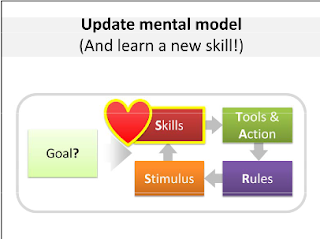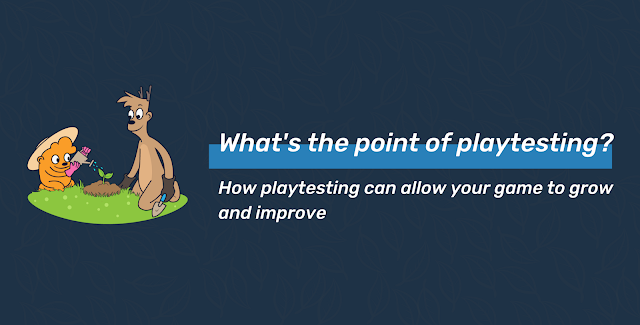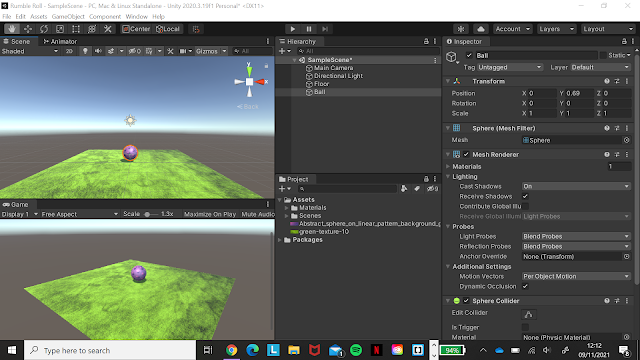Game Decisions
Games Decisions
"Building a Princess Rescue App" by Dan Cook speaks about what the "Productivity applications can learn from games" He discuss the idea of "STARS" ( Skills, Tools & Action, Rules, Stimulus). The goal of a game is reached when we look at all of these components. You need to get that 'good feeling' about a game, if you you are not interested in the basic idea/storyline of a game, nine times out of ten you won't play it. After you decide that "hey this is gonna be a game I want to play", you then decide how you are going to use your mental skills to play. A game that Dan spoke about was Mario Brothers. You avoid enemies by jumping, the game doesn't scream at you telling you that you need to jump right now!. You are using your mental skills to play and survive...Well done. This is an example of the user using their Tools & Actions.
So now this is where is gets interesting. If the players jumps correctly, giving the rules applied, they are closer to reaching their end goal. If they fail their jump and fall, they have to start over again. And this is also where the cycle of "STARS" starts over again. Lets just say the user fails to complete their jump, they may feel defeated, BUT they will know know what not to do, they will of course try another way. We repeat this cycle a few times and boom! we have our goal.
Decision making graphics, source: Shutterstock.
Games Design with Michael on YouTube explains what is Flow Theory in game design. First, he shows us the progression through flow, which is; Present player with a challenge --> Player achieves a flow state --> Maintain the flow state. Throughout a game, the game is mapping the users skill to a challenge. Michael explains a chart where on the y-axis, we have challenge and on the x-axis, we have players skill. At the beginning of a game, the players has little to no skills, so the game starts to watch how the user is interacting with the game and how their skills are being brought into the game itself, are they getting further in the game easily? or are they dying really fast?
Of course at the beginning, no game designer wants to throw in difficult levels or tasks and turn their users away, they let them slowly get to grips to the gameplay and it progressively gets harder, the player is putting their skills they have learned into their experience!
The last piece of writing I researched was "Decisions, Decisions!". We find out the different types of decisions in games, good and bad. The bad or useless decisions in some games are things like having the player decide on something when they have no idea. This is making a blind decision. This can often make the players anxious and nervous as they don't feel they have control even if they're playing really well in the game, this is why this shouldn't be considered for any game really. Another one would be having a players choose between things that are identical, this would be meaningless.
Now we look at the "good Decisions" in games, for example if we look at Call of Duty Multiplayer, there is an option to player the average game mode or you can chose hardcore, this can be a risk versus reward decision. Will the player choose to play in a more controlled environment where they achieve more kills? or would they rather play is a harsher environment, where they can kill teammates but can gain more XP if they kill the enemy. Going for hardcore can be a risk for winning the game overall, but if they do, that's a big reward.
Decisions in games can of course make the user panicked but it is implemented in an engagement way. Examples of this could be dilemmas a player can face in a game where they have to give up one thing, but what will they give up?





Comments
Post a Comment